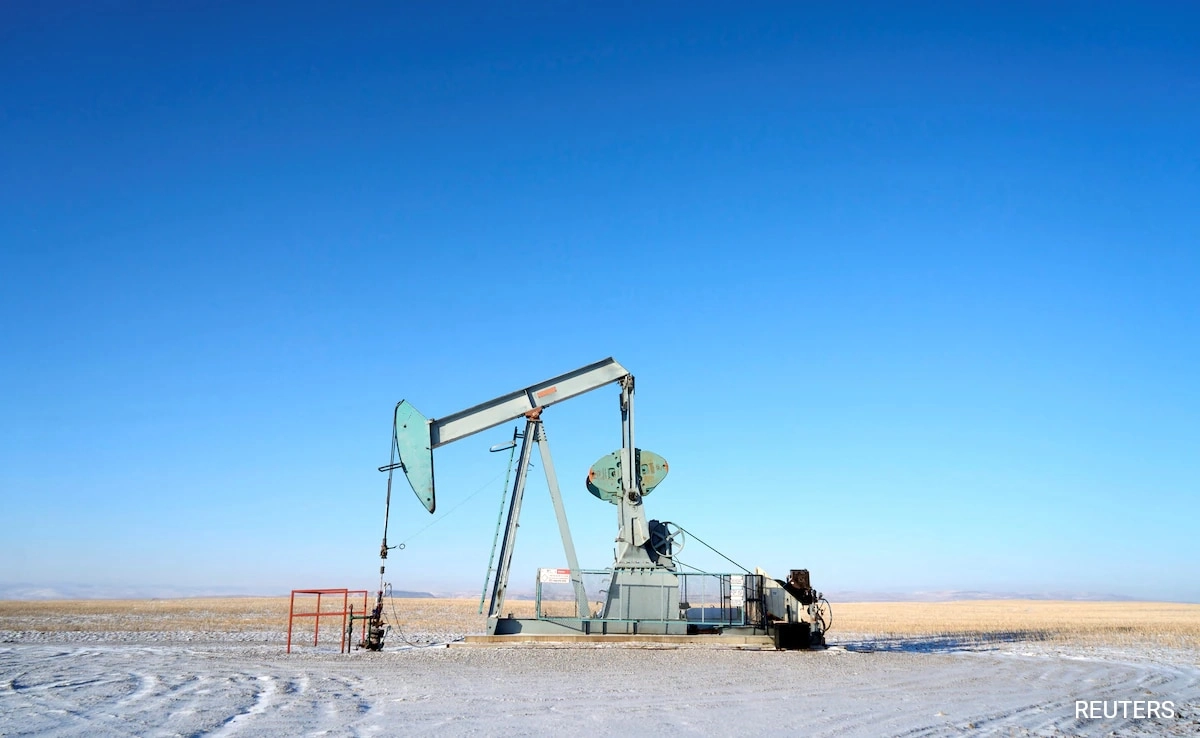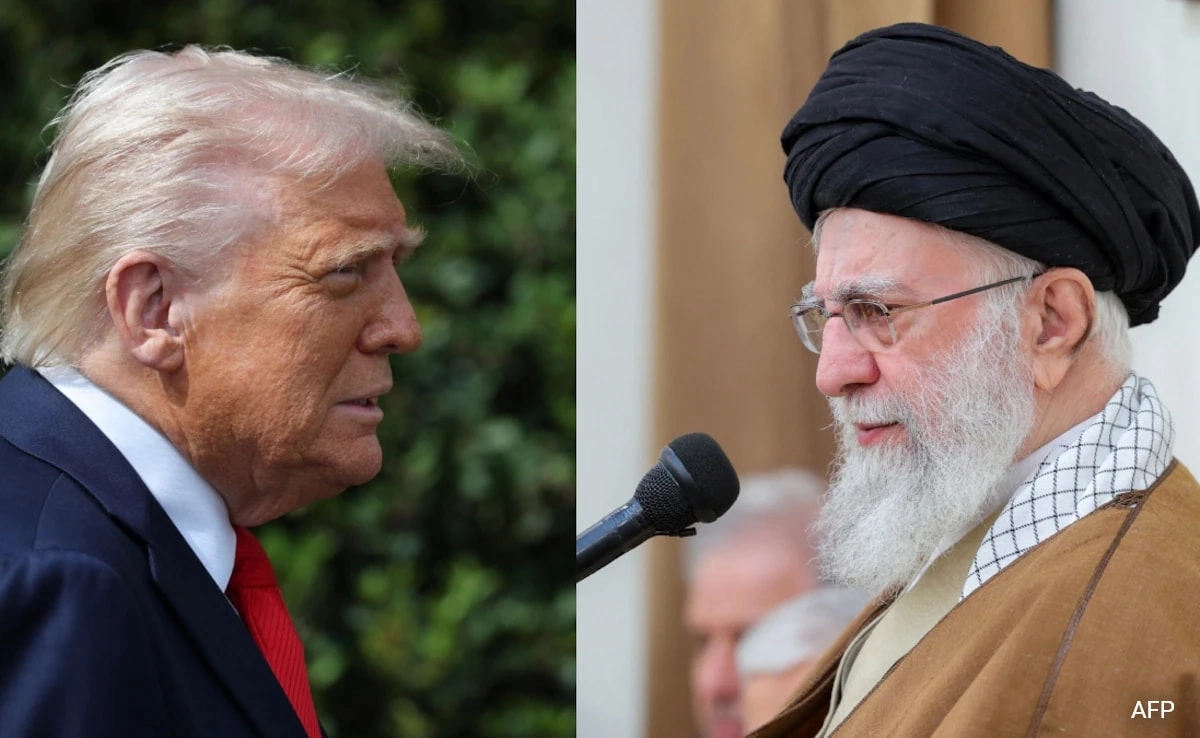In a surprising turn of events, oil prices have plunged into negative territory, a phenomenon not witnessed in recent history. This unprecedented drop can be attributed to a combination of factors, with former President Donald Trump’s announcement of new tariffs playing a significant role. As the global economy grapples with the ongoing repercussions of the pandemic, demand for oil has waned, leading to a surplus that has overwhelmed storage capacities. The situation has become so dire that oil producers are finding it financially burdensome to continue extraction, prompting them to pay buyers to take the crude oil off their hands.
The announcement of new tariffs by Trump has further exacerbated the already fragile market. By imposing additional tariffs on imported oil, he has stirred uncertainty among traders and investors, leading to a sharp decline in market confidence. This decision has not only affected oil prices but has also sent ripples throughout the broader economy, as energy costs play a crucial role in various sectors. With the global supply chain already disrupted, the timing of these tariffs raises questions about their long-term impact on both domestic and international markets.
The implications of negative oil prices are profound, signaling a potential crisis for the energy sector. Companies are confronted with the challenge of operating in a market where they are losing money on every barrel produced. This scenario could lead to widespread layoffs, bankruptcies, and a significant shake-up within the industry. Furthermore, consumers may initially benefit from lower prices at the pump, but the overall economic strain could outweigh these short-term gains. As the world watches closely, the interplay between geopolitics, tariffs, and oil prices will undoubtedly shape the future of energy consumption and production in the months to come.
In conclusion, the combination of dwindling demand due to the pandemic and the imposition of new tariffs has created a perfect storm for the oil market, resulting in negative prices. This unusual situation underscores the fragility of the global economy and the interconnectedness of market forces. Moving forward, it will be crucial for policymakers to navigate these turbulent waters effectively, balancing domestic interests with the need for stability in international oil markets. As the situation evolves, stakeholders across various sectors will need to adapt to the shifting landscape and prepare for the challenges ahead.




